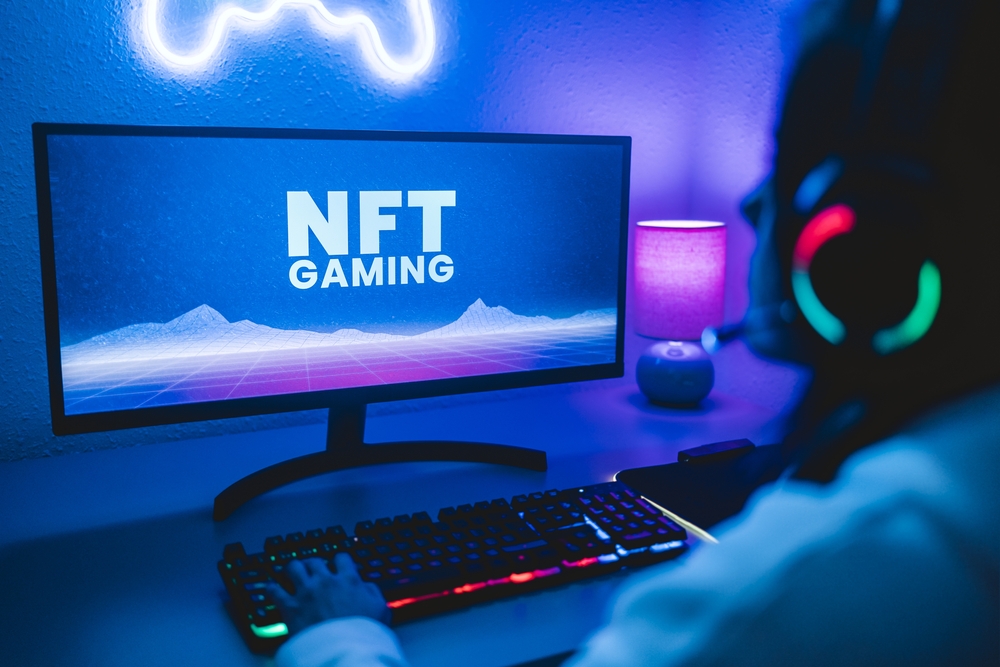Argus Labs’ recent statement confirms the closure of its seed funding round led by Haun Ventures. The firm had informed potential financiers that it sought to build an Ethereum layer-2 network to support its gaming blockchains through the wholly-owned World Engine. It targets creating Ethereum-based layer two networks, enabling gamers to code on-chain nods.
Argus Labs Accomplish $10 million in Seed Capital
The crypto-affiliated gaming startup will benefit from the $10 million fund in the seed round steered by Haun Ventures. The successful funding round attracted Robot Ventures and Dispersion Capital. Additionally, Alchemy and Anagram had immense input into raising the seed capital.
The seed round saw several angel investors participate, led by Scot Moore, who co-founded Gitcoin; Siqi Chen of Sandbox VR; and Sunny Aggarwal, who started Osmosis. Argus Labs seeks to harness the potential of World Engine as its flagship product.
Leveraging the Zero-Knowledge Proofs for Increased Transaction Privacy
The software development kit seeks to facilitate developers with the capability to build a dedicated layer-2 blockchain network. The game developers would have to leverage the zero-knowledge proofs (ZKP) on Ethereum. It allows developers to customize chains relative to the desired period that the game would live on the chain.
ZKP will help the developers in verifying the zk-rollup transactions being technical innovations within crypto that will facilitate the procession of more transactions. The simultaneous execution of transactions will help scale the networks and yield increased transaction privacy.
Scott Sunarto, who established Argus Labs, was optimistic that additional game elements could become on-chain beyond the typical thoughts. He expressed confidence in utilizing ZKPs in the crypto game since the co-development of Dark Forest in 2020.
Supporting User Generated Content for On-Chain Coexistence
Sunarto cited World Engine’s potential as capable of supporting user-generated content using blockchain technology. He added that on-chain coexistence could allow more complex games, such as massively multiplayer online role-playing games (MMORPGs).
Sunarto’s optimistic outlook coincides with the revelation of the sudden rise and plunge in the play-to-earn Axie Infinity. Sunarto attributed the sudden implosion to the Web3 game developers ditching the full crypto to embrace optional NFTs. He illustrated a shift towards the current utilization of crypto elements within video games.
Boosting Crypto Literacy Through Gaming
Sunarto illustrated that the NFT assets are the ingredients game developers primarily install on-chain. Currently, developers with multiple games on-chain give players additional ingredients to allow subsequent extension and building on the game.
Sunarto projects the emergence of blockchain games that will enable players to formulate user-generated content (UGC) that boost their crypto literacy. Additionally, the UGC will foster the player’s coding capability by leveraging the smart contracts powering the decentralized applications.
The UGC accomplishment will help the inclusion of unique game elements and features. In particular, crypto scaling features such as sharding will expedite game adaptation for expanding audiences and adding new servers.
Sunarto considers that the facilitated platform aims to enable game developers to customize their capability. Also, the UGC aims to empower players by developing their community space and supporting initiatives surrounding Web3 games.
Dark Forest’s Guild System and Potential to Pool Resources Within Games
Sunarto lauded the Dark Forest’s players for formulating their guild system. Also, the players developed their DAOs, being the decentralized communities surrounding the title. He restated that the Dark Forest’s players’ purpose is to formulate their smart contracts and pool resources within the game.
Sunarto indicated that existing blockchain protocols that scale the Polygon network, including Solana and Avalanche, lack gaming optimization. Haun Ventures echoed the revelation indicating that Argus Labs is filling the void by offering infrastructure optimized for gaming.
Haun Ventures lamented the blockchain’s designs for their deficiency in running the games. Scott, alongside other investors, perceived the World Engine as an open-source infrastructure. They acknowledged that the connection to layer-2 of sharding blockchains becomes the backbone of the current and emerging Internet of games.
